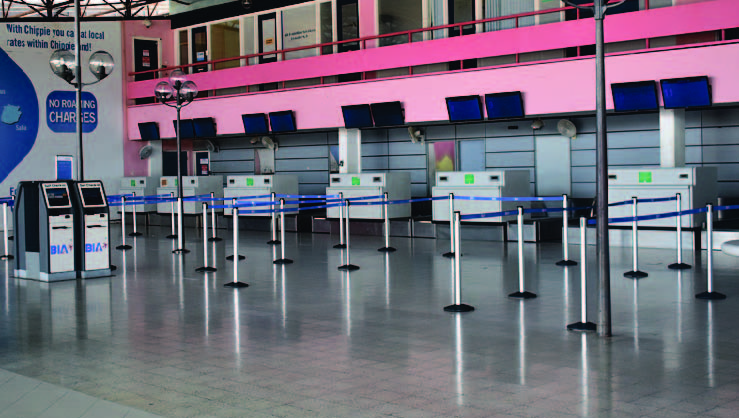As Gen-irators, the secondary school students involved in the Think To DO Institute, we have been doing research for a year or more now on the best education systems in the world, what needs to change to prepare students for 21st Century skills, and the impact of the Fourth Industrial Revolution on society and schools in general.
In order to address the negative impact of the pandemic on the economy, large scale responses through investments, technical assistance and policy engagement has occurred in over 40 countries from central Europe to Central Asia, and North Africa. Very little has happened in the Global South, or in the Caribbean.
Young people across the world are facing considerable challenges in the access to economic opportunities. The International Labor Organization estimates that more that 64 million young people were unemployed worldwide before the coronavirus pandemic. And, BEFORE, the crisis, large numbers of young people faced unequal access to physical and digital infrastructure. This gap further limits education and employment opportunities.
And now what…….
In the region, and most consequently, on this island, the necessary adaptations and revision to education are not being made, or are being made so slowly that students are being left behind. Challenge in accessing education are likely to lead to longer-term negative consequences. In the crisis, young women disproportionately assume caring roles in families. Evidence from past pandemic such as the Ebola outbreak in Democratic Republic of Congo, demonstrates that girls are more likely not to go back to school after a disease outbreak has passed. Also, younger people from low-income families are more likely to fall behind. Boys tend to drop out of school earlier than girls and have the highest drop-out rate, and, boys between 18-25 have the highest unemployment rate in the population.
Without adequate skills, especially digital ability, many young people will continue to struggle to gain a position in the labor market upon leaving education.
There are numerous economic, social and environmental challenges to providing access to skills, education and training for young people. We are worried about the brain drain of our generation. We don’t want to leave and not come back, but what choices do we have? This task requires bold action by multiple stakeholders. As young adults who are the future of the country, we are greatly concerned.
So, what are other countries doing?
What should stakeholder and the government, be doing to minimize the effects of the pandemic on our people, and especially, the youth, the future workforce?
Here are some strategies that other countries are using to address their youth concerns:
- Upgrade the vision for labor force development to fit the future of work guidelines of World Economic Forum
- Focus national skills development policies on life-long learning, digital skills and skills related to the a diverse, not single sector, economy
- Decent employment and supportive public policies
- Ensure work-based and dual learning models, flexible arrangements, short-term training modules at work to improve and maintain the quality of skills needed in the changing market needs
- Equitable access to education and employment for young people from disadvantages socio-economic backgrounds
- Combine investments with promotion of market-relevant education and training (not more low-skilled, low paying jobs)
- Provision skills training to the private sector to enable students to acquire skills in areas needed in the economy through new skills training centers. (Technical and Vocational Education and Training (TVET) model)
- Support high quality, work-based and certified training for young men and women across the economic spectrum and in partnership with the national education authorities. (a good example is the Youth and the skills in Business programs of Egypt)
We are the future of this country. We need these policy changes, investments, educational reforms, and agile business practices in order to be the future workforce to make and keep our country resilient. Seven times down; eight times up! Will you use our research to build the future we need?











[url=http://ssssssiiittteeee.net]http://ssssssiiittteeee.net[/url]
[url=http://retufdkvg.com]http://retufdkvg.com[/url]